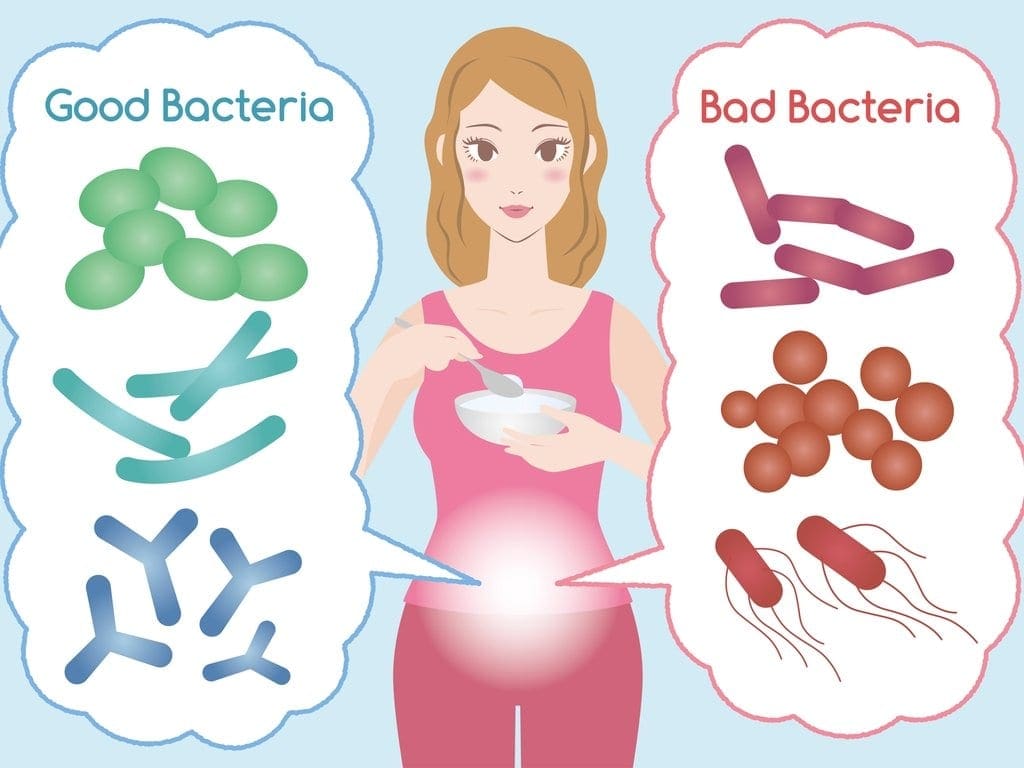A new study has found that eating a Mediterranean diet could be better than statins at cutting the risk of an early death from cardiovascular disease. The Italian team looked at the diet of 1,200 patients, all of whom had a history of heart attacks, strokes or blocked arteries.
They were advised to eat a Mediterranean diet, rich in fruit, vegetables, fish and olive oil. They were tracked for a period of seven years and in that time 208 patients died. Those who had followed the diet were 37 per cent less likely to have died than those who didn’t.
Experts think that the diet’s protective benefits come from the omega-3 and mono-unsaturated fatty acids.
More than seven million people in the UK are living with heart conditions. These patients are usually prescribed statins which lower their cholesterol levels and are proven to save lives. A review in 2013 involving 200,000 patients indicated that statins cut the chances of early death from cardiovascular disease by 18 per cent.
Whilst this new study shows that the Mediterranean diet could be a powerful treatment for heart patients, scientists warn that people already prescribed statins should not stop taking them without consulting their doctor.
Other Studies into the Mediterranean Diet and Heart Disease
A study published recently in the New England Journal of Medicine suggested that as many as 30% of heart-related deaths could be avoided by switching to a Mediterranean diet.
The study involved over 7,000 participants in Spain, all aged between 55 to 80 years old, and followed them for 5 years. All those involved had risk factors for heart disease, but were not diagnosed with heart disease at the start of the study.
They were divided into two groups; one which followed a low-fat diet, the other which followed a Mediterranean diet. Those who followed the Mediterranean way of eating were less likely to develop heart related conditions than the other group.
Helping You to Age Healthily?
In addition to keeping your heart healthy, a further study suggests that the diet will help you to avoid other health conditions too. Data collected as part of the Nurses’ Health Study, one of the longest running pieces of research examining women’s health, indicated that the Mediterranean diet could help avoid chronic diseases, mental health issues, and cognitive and physical impairment.
The actual statistics, gathered over a 15 year period, indicated that women with healthy diets were 34% more likely to age without suffering any significant disease or illness, and those following the Mediterranean diet were 46% more likely.
Although the study didn’t specifically focus on what makes the Mediterranean way of eating so beneficial in terms of health, researchers suggested that it may be due to the fact that the diet helps to lower inflammation within the body.
The researchers commented: ‘Better diet quality at midlife seems to be strongly linked to greater health and well-being in persons surviving to older ages.’
Mediterranean Diet is Great for the Gut
Numerous studies have highlighted the perks of following a Mediterranean diet, and now recent study has uncovered a new health benefit. According to researchers at the University of Naples in Italy, a Mediterranean diet is great for your gut.
The researchers analysed the diets of 153 adults from around Italy, which included 51 omnivores, 51 vegetarians and 51 vegans. A Mediterranean diet made up 88% of what vegans ate, 65% of what vegetarians ate and 30% of what omnivores ate.
The study showed that those who follow a Mediterranean diet have higher levels of health-promoting short-chain fatty acids (SCFAs) in their gut. This is because this type of diet includes a lot of fibre-rich fruits, vegetables and legumes – a lot more than a typical Anglo-Saxon diet, which includes a lot of meat and dairy products. SCFAs are produced when fibre from dietary plant matter is fermented in the colon.
As well as being great for the gut, short-chain fatty acids are believed to be associated with a reduced risk of diabetes, heart disease and inflammatory diseases. Levels of SCFAs naturally vary with age, but the new study’s findings suggest that eating a high-fibre diet can boost their levels.
The researchers conclude: “We provide here tangible evidence of the impact of a healthy diet and a Mediterranean dietary pattern on gut microbiota and on the beneficial regulation of microbial metabolism toward health maintenance in the host.”
Additionally, the study showed that vegans and vegetarians had relatively low levels of a compound called trimethylamine oxide (TMAO), which has been linked to heart disease. These low levels were also seen in non-vegetarians who adhered to a Mediterranean diet.
The key message to take away from this study is one which is already widely spread – making produce the most significant part of your diet has numerous health benefits.
How to Eat Like A Mediterranean
Whilst studies still continue to explore the benefits of the Mediterranean way of eating, there certainly seems evidence to believe that the diet can help improve your health. If you’d like to start incorporating more of a Mediterranean style diet into your everyday menu planning, here’s a brief guide:
- Eat plenty of fruit and vegetables; at least five portions a day
- Eat fish at least three times a week
- Eat legumes, such as lentils or beans, at least three times a week
- Avoid red meat and stick to white meat instead
- Use extra virgin olive oil to cook with
- Eat unsalted nuts
- If you want to drink alcohol, drink one glass of red wine a day
- Limit how much sweet, sugary food you eat
Professor Giovanni de Gaetano from the Italian study team said: “First of all doctors should consider diet before drugs.” He added that if more doctors advised patients to change their diet, statin use may be reduced. He suggested that Government subsidies would make it easier for people to follow the Mediterranean diet.
“The problem is that the NHS pays for drugs, but it does not pay for vegetables and fruit.”
Professor Jeremy Pearson, associate medical director at the British Heart Foundation states: “It is good to know that even if you already have a history of cardiovascular disease, adhering to a Mediterranean diet reduces the risk of death.”
Could a Mediterranean Diet Help Reduce the Risk of Mental Illness?
A Mediterranean diet is now being recommended not only for its taste but for its ability to reduce the risk of depression. Including a healthy combination of fish, vegetables, fruit, nuts and seeds, this type of diet has been strongly linked to good mental health in a recent study.
Australian researchers observed the effects of a Mediterranean diet on 82 adults with depression. They looked at the extent to which each participant followed the Mediterranean diet in relation to their mental health and quality of life, which were assessed using the Depression Anxiety Stress Scales (DASS) and the Positive and Negative Affect Scale (PANAS).
The results showed lower scores for mental illness to be associated with a Mediterranean diet and suggested that poor eating habits may contribute to the development of depression rather than being an effect of it.
“What we found is that poor diet is predicting the onset of depression. It’s not that people are getting depressed and then eating badly; eating badly causes the depression in the first place,” says lead author Dr Natalie Parletta, of the University of South Australia.
“We recruited people who had depression already. We screened out people who had good diet. So it was amazing that there was a significant correlation between the Mediterranean diet and mental illness, even for people with low scores on the consumption of wholefoods.”
She explains that processed foods, red meat and sugary snacks increase blood glucose levels and cause sensitivity to insulin, which can lead to obesity and affect the brain enough to cause mental illness.
Contrastingly, nutrients such as vitamin B, vitamin D and healthy fats play a significant role in keeping the brain functioning healthily. Fish’s fatty acid omega-3 has been particularly highlighted as beneficial for mental health.
“The brain is an organ like any other,” she says. “It has higher needs than other organs, from blood flow to delivering oxygen, glucose and nutrients. A lack of blood flow and inflammation can affect the brain as much as any other organ.”
She adds that sometimes depression is biological but, depending on the individual, “a deficiency could be the key link to what is causing mental illness.”
Dr Parletta and her fellow researchers are currently seeking more volunteers in order to continue their research and find out more about the link between diet and mental health.
Finally, if you would like help or advice from the British Heart Foundation, please click on the link below:













